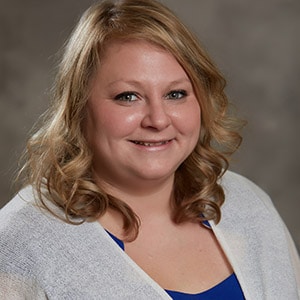
 The COVID-19 pandemic has increased stress levels for many people. It’s normal to feel some anxiety or depression during a major change in your life, and this pandemic is no exception.
The COVID-19 pandemic has increased stress levels for many people. It’s normal to feel some anxiety or depression during a major change in your life, and this pandemic is no exception.
You do not have to be in a crisis to seek help. There are several different levels of care available and you should never feel embarrassed or nervous to reach out to someone to talk about your mental health.
Here are some of the levels of care:
- Individual therapy and psychiatry – This is for people who need low level treatment for anxiety, panic attacks, depression, PTSD or other mental health.
- Intensive outpatient – consists of group therapy usually three to five times a week, access to a psychiatrist and intensive outpatient therapy.
- Partial hospitalization – This treatment is best for people who have severe daily impairment but do not need to be in a hospital. Treatment consists of five days of intensive group therapy and seeing a psychiatrist.
- Acute inpatient – This is for someone who is in a psychiatric crisis including the potential of harming themselves or others and/or experiencing acute substance use withdrawal. The patient will have a short stay in the hospital.
It’s important to remember that, for many people, stress levels are higher because of social distancing. People are spending more time at home together, there are less activities to do and many of our normal coping mechanisms, like going to concerts or spending time with groups of friends, are not available.
Finding new ways to cope with stress can be helpful. Here are some suggestions for new coping skills during social distancing:
- Use video chats to talk with friends and family
- Watch free online concerts being provided by many organizations and musicians
- Read
- Exercise inside your home or by walking/running throughout your neighborhood
- Find ways to engage your family in fun activities, like a board game night
If you or a loved one need help, UofL Health – Peace Hospital’s Assessment and Referral Center offers no-charge assessments at 502-451-3333 or 800-451-3637.
Or contact the 24-Hour Crisis and Information Center Line at 502-589-4313 or 800-221-0446.









